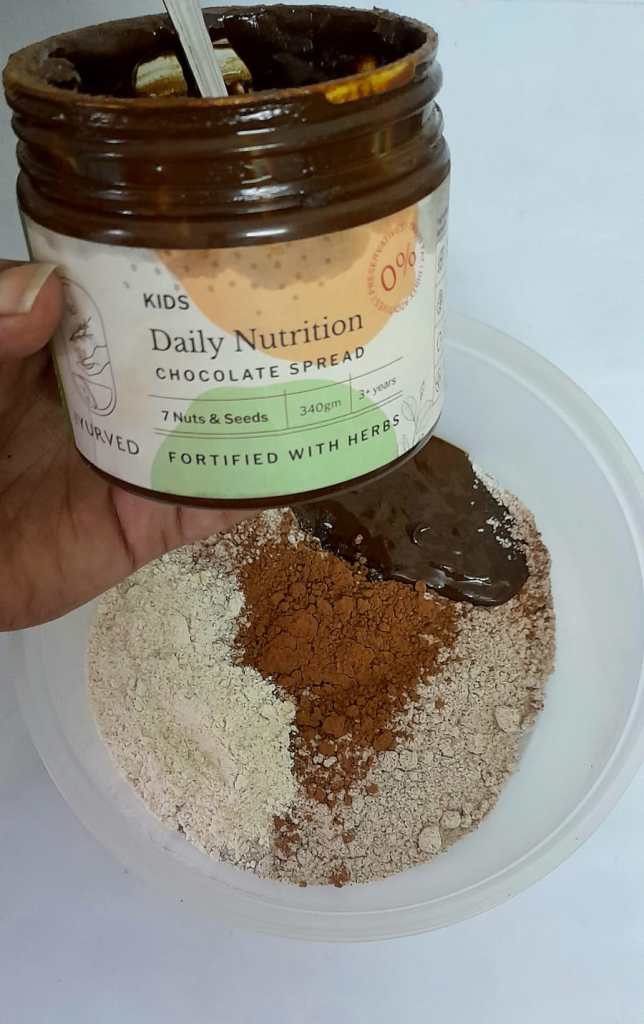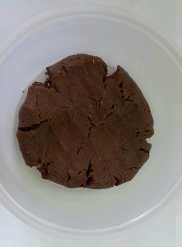Proper nutrition plays a vital role in supporting overall health and development, including speech and cognitive functions. While speech delay and brain function are complex issues that often require professional evaluation and intervention, incorporating certain foods into a balanced diet may provide additional support. These foods are rich in essential nutrients that promote brain development, communication skills, and cognitive abilities. In this article, we will explore some key food categories and ingredients known to be beneficial for speech delay and brain function.
Hear it out from the Happy PARENT
IMAGE FEEDBACK

FOOD CATEGORIES HELP WITH SPEECH DELAY AND BRAIN FUNCTION
These foods are rich in essential nutrients that promote brain development, communication skills, and cognitive abilities.
Omega-3 Fatty Acids:
Omega-3 fatty acids, particularly EPA (eicosapentaenoic acid) and DHA (docosahexaenoic acid), are crucial for brain health and development. They can be found in fatty fish such as salmon, sardines, and trout. These healthy fats have been linked to improved cognitive abilities and speech development in children. Additionally, plant-based sources like flaxseeds, chia seeds, and walnuts contain alpha-linolenic acid (ALA), which can be converted to DHA in the body.
Fruits and Vegetables:
A diet rich in fruits and vegetables provides a wide range of essential vitamins, minerals, and antioxidants necessary for optimal brain function. Blueberries, known for their high antioxidant content, have been associated with improved memory and cognitive function. Leafy greens like spinach and kale are packed with nutrients such as folate, which is crucial for brain development. Citrus fruits like oranges and strawberries are excellent sources of vitamin C, which supports brain health and enhances iron absorption.
Also check, Best nuts for protein
Whole Grains:
Whole grains are a valuable source of complex carbohydrates, providing a steady release of energy to the brain. They also contain nutrients like B vitamins, magnesium, and iron, which are essential for cognitive function. Opt for whole grain varieties of bread, pasta, rice, and cereals instead of refined grains to maximise nutritional benefits.
Lean Proteins:
Protein is vital for the growth and repair of body tissues, including the brain. Lean sources of protein such as poultry, eggs, dairy products, and legumes contain amino acids that support the production of neurotransmitters, which play a role in communication between brain cells. These proteins also provide important vitamins and minerals necessary for brain development.
Healthy Fats:
In addition to omega-3 fatty acids, incorporating other healthy fats into the diet can support brain function. Avocados, for instance, are a rich source of monounsaturated fats that aid in blood flow to the brain. Extra virgin olive oil and nuts like almonds and cashews are also excellent sources of healthy fats, which provide energy and support brain health.
Food ingredients that help for Speech development and brain function
NUTS:
All the nuts like almonds, walnuts, cashew, peanuts and hazelnuts are rich in vitamin E and help in boosting memory. They are also antioxidants which protect against cell damage. Walnuts are rich in omega 3 fatty acids and are a valuable substance for brain function, memory and thinking abilities. This fatty acid also encourages cognitive functions.
Also check, Focus and attention building games for Brain development.
SEEDS:
Apart from nuts, seeds like flax, chia, melon, sesame and pumpkins also contain powerful antioxidants like vitamin E that protect the brain from free radical damage. Sunflower seeds impact overall mood and mental processing powers and therefore it is considered a brain boosting snack. Pumpkin seeds are high in magnesium, copper, and much higher in zinc than other seeds, which help in increasing concentration and memory. One of the easiest to feed brain boosting foods for kids. Also check, Health benefits of pumpkin seeds
OMEGA 3 FATTY ACIDS:Multiple studies have shown the link between low omega 3 fatty acids and poor development, ADHD, speech delay, poor focus and concentration. These healthy fats are crucial for the brain development and helps to manage speech disorder and delay in kids.Also check, What are some home benefits of omega 3?
COCOA POWDER
Pure cocoa powder (unsweetened) contains brain boosting components as it is packed with a large number of antioxidants molecules, the main is epicatechin helpful to improve cognition and speech impairment in studies. Hence cocoa powder is also an important brain development food for children.Also check, More benefits of cocoa powder
ASHWAGANDHA:
Ashwagandha is an adaptogen. It is known to reduce anxiety and stress. Moreover, it increases acetylcholine levels which support better memory, mental focus and intelligence. Ashwagandha also improves communication between nerve cells and stimulates the body’s capacity to heal any nervous system damage.
BRAHMI:
Brahmi is a superfood for the brain and is believed to sharpen the brain by protecting cells and increasing chemicals associated with learning and memory. It has shown to improve spatial learning and retaining power in kids. That is why in older times, kids were often given Brahmi powder with ghee/honey. This would increase their focus and attention while keeping them calm and distressed.
SHANKHAPUSHPI:
Shankhapushpi is a traditional remedy for increasing the functioning of the brain. The powerful antioxidants and flavonoids present in it improve the memory capacity, focus, concentration, calmness, alertness of an individual. Since it is a brain tonic and stimulator, people taking shankhapushpi have improved memory, reasoning, problem-solving, and other cognitive abilities.
Also, check Brain booster for Speech & Memory
DATES
Dates are an excellent source of magnesium, a mineral that is essential for the control of neurotransmitters and the proper operation of the neurological system. The potassium found in dates boosts brain development thus enabling a child’s overall cognitive growth. Dates also provide natural sugars that can give a rapid energy boost, balancing mood and reducing sensations of exhaustion or anxiety.
PRODUCTS
It’s no SECRET that following an Ayurvedic lifestyle has numerous advantages. This unique collection of Kids Ayurvedic Brain Booster is an easy solution to feed daily nutrition for Brain development to kids without any fuss. Made with Proven Ingredients. No Preservatives or Artificial Colour or Flavour. No Side Effects. Trusted by 1,00,000+ Parents and Practitioners. To know more about kid’s ayurvedic foods – SHOP HERE.

India’s First Tasty Kids Nutrition fortified with Ayurvedic herbs.
For building Focus and Attention give Kids & Teens Brain PREMIUM Dates Chocol Spread | 0% preservatives | 0% refined sugar | 0% palm oil | Fortified with SHANKHAPUSHPI, ASHWAGANDHA, BRAHMI | Contains OMEGA 3, DHA, Dates PROTEIN | ORDER |
Immunity, Gut health, Digestion, Weight, Brain development, Speech delay, Epilepsy, Eye health, Hormones, Sleep, Hyperactivity, Bones and Overall growth






















